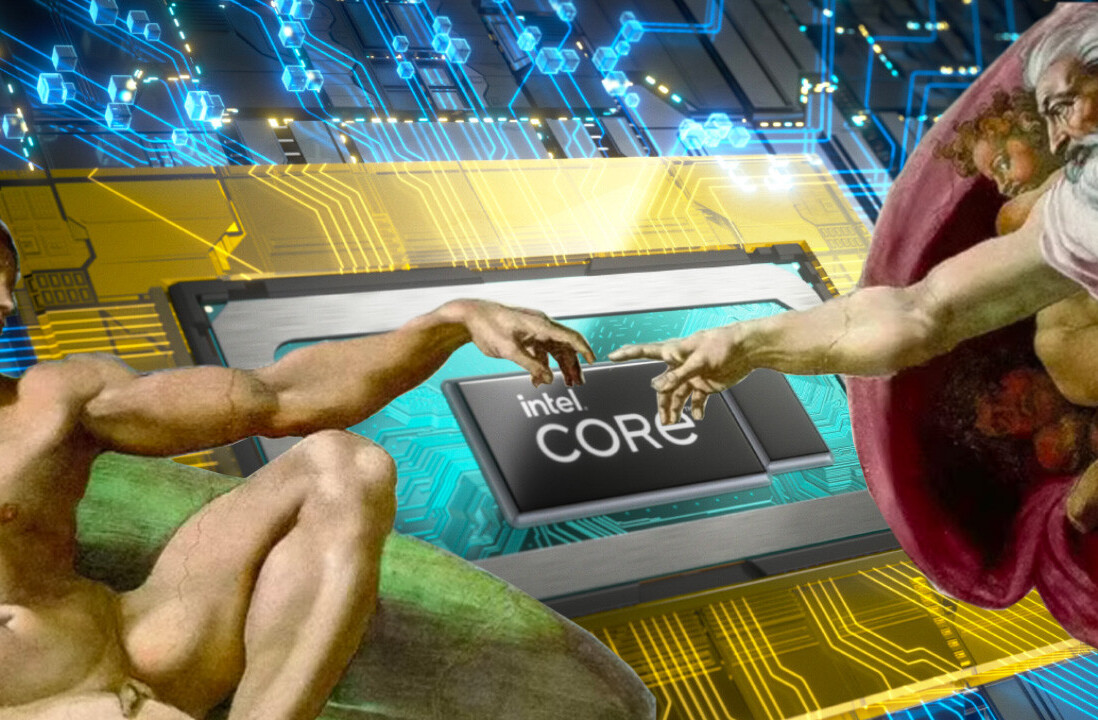
The European Union may be deemed a single market for many intents and purposes, but the individual regulations of the 27 constituent countries often hinder this much-hyped singularity.
One of the areas this is perhaps most evident in from a digital perspective, is copyright, with the plethora of collecting societies across the Union often not making it easy to obtain broadcast or reproduction licences that are valid across Europe.
Collecting societies are intermediaries of sorts, that mediate between rightsholders and the service providers intending to use their works. They license rights, collect royalties, and redistribute revenue to the owners where negotiating licences with individual creators would be impractical and involve high costs.
There are more than 250 collecting societies in the EU, managing revenues of around €6bn annually. The use of rights in the music sector alone accounts for about 80% of the total revenue collected by collecting societies.
With that in mind, the European Commission has today issued new proposals that seek to modernize the current set-up, and implement incentives to help streamline the process.
Digital content galore
Think about it – the amount of content we can now conceivably consume online is mind-boggling. From films and music, to books and TV, the Internet has opened up the doors to the entertainment industry. But ensuring all the bodies involved in a particular piece of work (artists, lyricists, composers etc) receive their share of the spoils requires cross-border collaborations, which isn’t always easy to facilitate.
Each country has collection bodies. But as a result of today’s EC proposes measure, collecting societies may have to comply with pre-set standards. This would make it easier for service providers to obtain the necessary licences for music to be distributed online across the EU, and ensure that revenue is collected and distributed.
It seems this latest move has been inspired by a spate of recent incidents whereby royalties collected on behalf of rightholders were lost due to poor investment policies, but also by “evidence of long-delayed payments of royalties to rightholders.”
In other words, the money is often collected, but it doesn’t always reach who it’s supposed to reach.
“”We need a European digital single market that works for creators, consumers and service providers,” says Commissioner for Internal Market and Services Michel Barnier.
“More efficient collecting societies would make it easier for service providers to roll out new services available across borders – something that serves both European consumers and cultural diversity,” he added. “More generally, all collecting societies should ensure that creators are rewarded more quickly for their work and must operate with full transparency. This is paramount to sustaining investment in creativity and innovation which will in turn lead to additional growth and increased competitiveness.”
What does all this mean in practice? Well, rightsholders would have a direct say in how their ‘rights’ are managed, receive speedier payment and choose the most efficient collecting society for their purposes.These principles would be built-in to the new policies.
From a trans-European perspective, this would fundamentally change how collection societies operate. They would need to provide more clarity on revenue streams, annual transparency reports and, in general, buck of their ideas.
“The multi-territorial licensing of authors’ rights for the use of music on the Internet across borders would be facilitated but also subjected to the demonstration of the technical capacity to perform this task efficiently,” the EC said in its announcement. “This would benefit authors, internet service providers and citizens alike.”
So, a single market for intellectual property? This has been on its agenda for some time, and formed part of the 2011 Commission strategy on intellectual property.
Feature Image Credit: Waldopics
Get the TNW newsletter
Get the most important tech news in your inbox each week.





